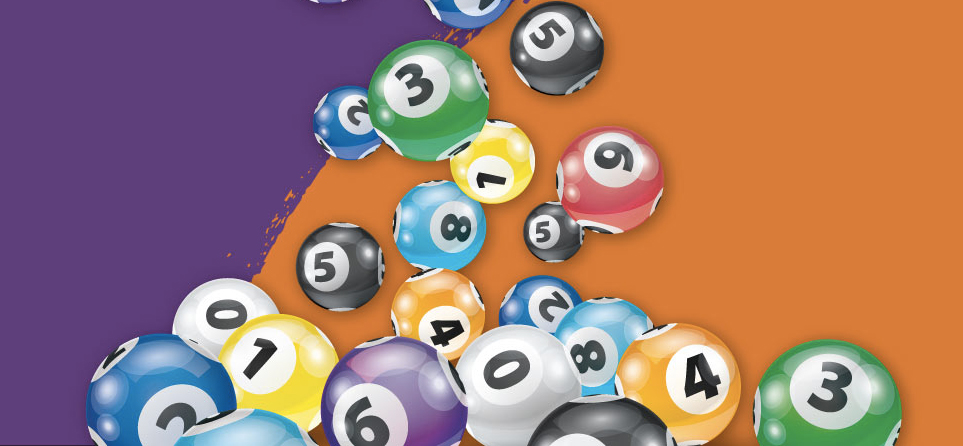
A lottery is a game where people purchase tickets for a chance to win a prize, sometimes in the millions of dollars. The games are run by state or federal governments. People often buy tickets to improve their chances of winning, but the odds are still very low. The article explores what makes the lottery so popular, and how it works. This is a great resource for kids & teens, or can be used in a Money & Personal Finance class.
In his book, Cohen focuses chiefly on the modern lottery’s evolution, which began in the nineteen-sixties, as states grappled with budget crises caused by rising population and inflation and a soaring cost of wars and social welfare. The lotteries were promoted as a solution to these fiscal challenges, providing painless revenue that did not require voters to approve tax increases or see services cut.
The lottery has a long history, and the casting of lots to determine fates has been documented since the Bible. The first public lotteries, in which the prizes were cash or goods, took place in the fourteen-hundreds, when they were commonplace in the Low Countries, and in England. Despite Protestant proscriptions against gambling, lotteries also spread to the American colonies.
There have been many criticisms of the lottery, including its alleged regressive effect on poorer communities and its compulsive gamblers. However, the debates about its desirability have shifted from general concerns over the morality of gambling to more specific features of its operation.
Lotteries are not an ideal form of government revenue, but they are a valuable tool in managing the risks of debt and deficits. They allow states to raise and spend a smaller amount of money and provide greater flexibility in meeting unforeseen needs. They are also a popular way to distribute social benefits, such as low income assistance, and can provide an alternative source of funding for programs that do not easily appeal to voter interests.
Those who have studied the history of lotteries know that it is possible to make mathematical predictions about which numbers are likely to win. While no one can predict what will happen in any given lottery draw, a thorough understanding of probability theory helps players avoid making irrational decisions. For example, knowing how a particular combinatorial pattern behaves over time allows players to skip draws that are unlikely to result in a win and set aside the necessary funds for future plays. This is a much better strategy than buying every possible ticket and relying on luck. Using a proven number pattern software like LotteryCodex can help players make informed decisions about which numbers to play and when. This information will not guarantee a victory, but it can greatly improve an individual’s expected value (EV). It is recommended that players only use money that they can afford to lose. This will ensure that they are not chasing after unobtainable dreams. EV is a concept that should be taught in schools, so that young people understand the importance of financial planning and how to manage their resources.